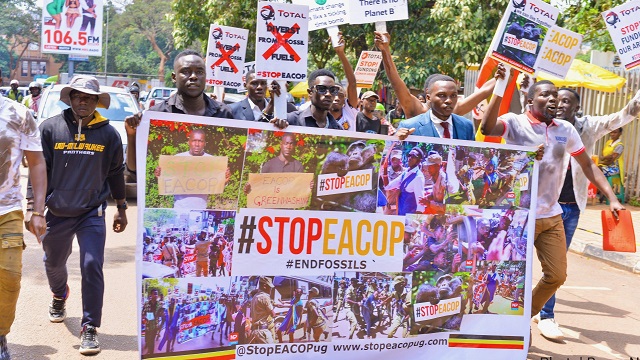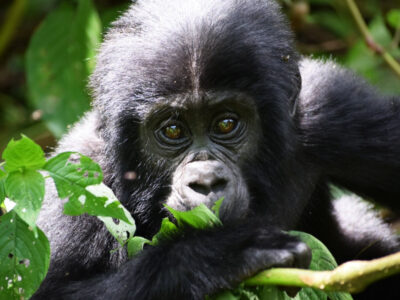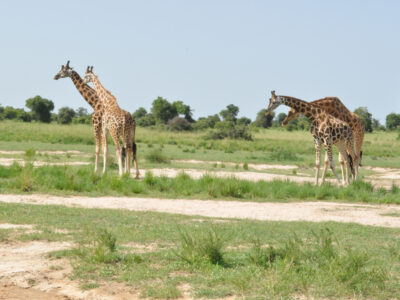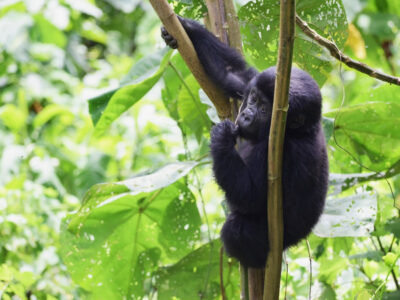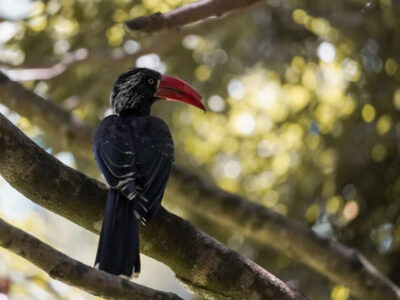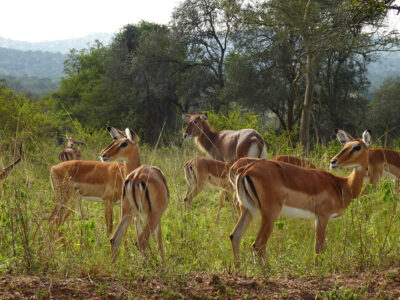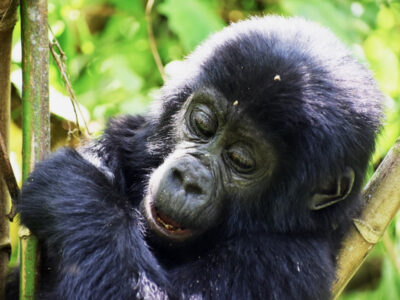A new study has made a case for development of the tourism in greater Masaka are over compared to the construction of the East Africa Crude Oil Pipeline.
The research brief titled, “Tourism Potential of Greater Masaka vis-à-vis EACOP Project” was commissioned by an environment activist group the Inclusive Green Economy Network-East Africa (IGEN-EA).
Against the construction of the East African Crude Oil Pipeline, IGEN-EA has been part of the efforts. From Uganda, Kenya and Tanzania, it is a network that unites over thirty-six (36) private sector players and civil society organisations (CSOs).
The brief makes a case for the promotion of sustainable tourism in the Greater Masaka sub-region amidst the biodiversity conservation risks posed by the construction, operation and decommissioning of the East African Crude Oil Pipeline (EACOP). “It was based on Informant interviews (KIIs) with 63 respondents from Greater Masaka, document reviews and field visits conducted between July 2024 and January 2025.” The researchers say.
Key among the findings is that he Greater Masaka sub-region is endowed with various tourist attractions that would attract religious, cultural, eco- and agro-tourists among others. if key sustainable tourism activities were to be promoted in the Greater Masaka sub-region, it further states that show that Ugandans could earn over USD 1 million per year.

To prevent IGEN-EA from impacting eco-sensitive areas with significant tourism potential, it urges the Government of Uganda and its partners, TotalEnergies and CNOOC, explore alternative routes for the EACOP. Other studies have found that Uganda is naturally endowed with many resources with potential to make it a premier tourist destination.
Uganda’s tourism target was to have 4 million tourist visitors and earn USD 2.7 billion annually according to the Ministry of tourism, by 2020.
To unlock the country’s tourism potential; diversifying tourism product range; improving tourism and hospitality skills along the tourism value chain; and strengthening conservation of natural and cultural heritage assets, IGEN highlighted the need for aggressive promotion and marketing of Uganda.“ The direct contribution of travel and tourism to GDP in 2018 was US$1.4billion (9.9% of DP).” The ministry of finance said.
In Masaka, some of the current and potential tourist attractions listed in the include Musambwa Island in Kyotera, Bigo bya Mugenyi, a UNESCO World Heritage Site, in Sembabule and the St. Charles-Karoli Lwanga site. Others are Lake Nabugabo, Lake Birinzi, and the Lambu Genocide Memorial Site, which are all located in Masaka. Parts of the greater Masaka region like Sembabule Masaka, Rakai and Kyotera will host the underground heated crude oil pipeline that will transport Uganda’s crude oil through Tanzania to the port of Tanga.
On Friday, a press statement issued quoted Dickens Kamugisha, whose organisation, Africa Institute for Energy Governance (AFIEGO) belongs to IGEN-EA.
“Government argues that it needs to address poverty in the country, and this is why they are pursuing projects such as the EACOP. Government is right in seeking to end poverty for all. However, with the biodiversity conservation, climate change and social risks posed by the EACOP, it is best that government and the private sector invest in sustainable economic activities. Tourism is one such activity.”
Africa Institute for Energy Governance (AFIEGO) is among the activist groups that sued Uganda, Tanzania and the Secretary General of the East Africa community of EACOP project.
“The 1,443km EACOP is set to affect River Kibale/Bukora in Kyotera and Rakai districts. They state important rivers like Sango Bay-Musambwa Island-Kagera (SAMUKA) Ramsar Wetland system are renowned for hosting 65 mammal species and 417 bird species.” They argued.
Paul Lubega Muwonge, of Uganda Community Tourism Association (UCOTA) said that research is an important and desired step in tourism product development; it sets a stronger foundation in all operations. They hope that the Ugandan government and development partners will use this research to harness the benefits of tourism by launching tourist activities in the Greater Masaka sub-region.
There has been debate on whether Uganda and Tanzania should abandon the controversial pipeline project over environmental concerns. The government and the EACOP Limited have insisted that the planned construction will be done with strict adherence to local and international practices on Environmental Social Governance (ESG)
While undertaking the project, TotalEnergies has further stated respect for the Environment and Health will be key.
Key among those outlined in the code of conduct is the Mitigation Hierarchy, which is an approach to avoid, minimise, restore and compensate any loss in biodiversity with a goal of achieving a no net loss in natural habitats and a net gain in critical habitats. It states that he shall be achieved along the pipeline right of way through collaboration with conservation institutions and organisations in Uganda and Tanzania.

